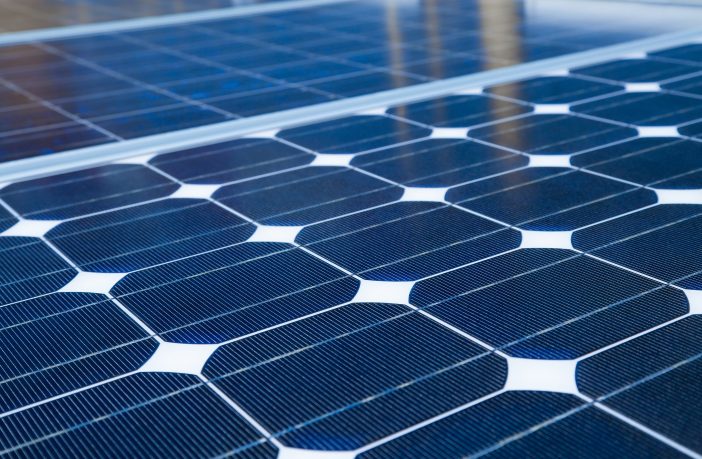- A court application launched by Suntech Solar Power South Africa (Pty) Ltd over the local content rules and associated excemptions in South Africa’s Risk Mitigation IPP Programme (RMIPPPP) has been dismissed bluntly with costs by the Gauteng Division of the High Court. ORDER OF COURT 04.10.2021
- The Order for costs being in favour of the Minister of Trade, Industry and Competition, ArtSolar (Pty) Ltd, Seraphim Solar South Africa (Pty) Ltd and the Minister of Mineral Resources and Energy.
The South African Department of Mineral Resources (DMRE) launched a tech-neutral procurement process for 2 GW of capacity in August 2020, in response to a chronic short-term electricity supply gap that has been affecting the country and its mining sector. Renewable energy developers were also allowed to participate.
The Risk Mitigation Independent Power Producer Procurement Programme (RMIPPPP), was able to attract 28 bid responses with a potential contracted capacity of approximately 5.12 GW. The DMRE selected eight preferred bids totaling 1.85 GW. Around 60% of the 2 GW tender capacity was awarded to several floating power plants powered by liquefied natural gas, but several PV projects were ultimately selected and they had to compete in ensuring a certain level of local content requirements – not only with other technologies, but also with each other.
“Local content under the program is calculated as a percentage of total project value,” Chris Ahlfeldt, an energy specialist at Blue Horizon Energy Consulting Services, told pv magazine. “The RMIPPPP provides detailed local content requirements for 14 components plus subcomponents that might be used in the power projects such as electric cables and steel products.”
Related news: Rollout of Risk Mitigation IPP Procurement Programme in increasingly in disarray
Ahlfeldt said that the Solar PV System and Components category requires a 15% total local content threshold and specifies subcomponents with their own thresholds.
“For example, the module frames, DC combiner boxes, and mounting structures thresholds are 65% or higher suggesting that most of this equipment should be made locally,” Ahlfeldt explained. “It also specifies that 15% of laminated PV modules need to be sourced locally, however, most of the local solar PV lamination and assembly capacity in the country went out of business due to the long delays in previous government procurement rounds.”
Engineering News has reported that these rules did not apply to all module providers, however, as companies such as ARTsolar and Seraphim Solar South Africa – a unit of Vietnamese supplier Seraphim – were reportedly granted exemptions by the Department of Trade, Industry and Competition (DTIC).
Related news: Gas to power loosing bidder files lawsuit in South Africa’s Risk Mitigation IPP Procurement Programme
Competing supplier Suntech Solar Power South Africa filed the lawsuit, in which it describes the exemptions as “unlawful.” Suntech Solar also claimed that the exemption granted to the two companies excluded all other module suppliers from competitively participating in the RMIPPPP.
Commenting on the court case outcome, ArtSolar says ‘ “Whilst a clearly orchestrated plan was set in motion which sought to tarnish our good name and reputation as the only 100% South African owned photovoltaic manufacturer, we are glad that the Court saw through this and dismissed this ill-conceived application with costs.”
It is not known at this stage whether Suntech Solar will appeal the ruling.
Author: Bryan Groenendaal











